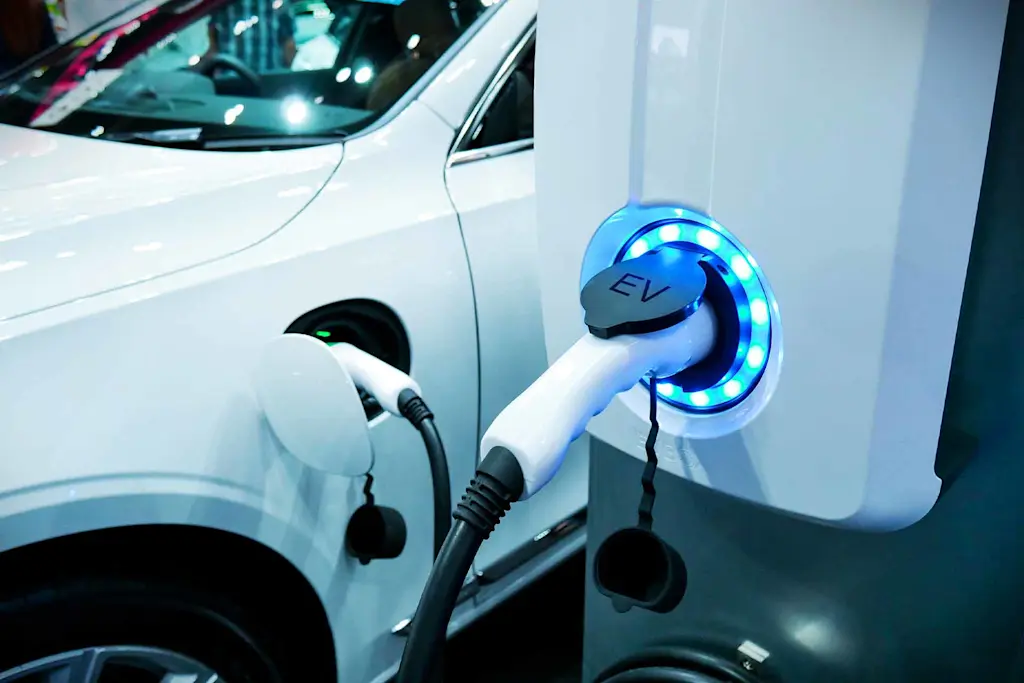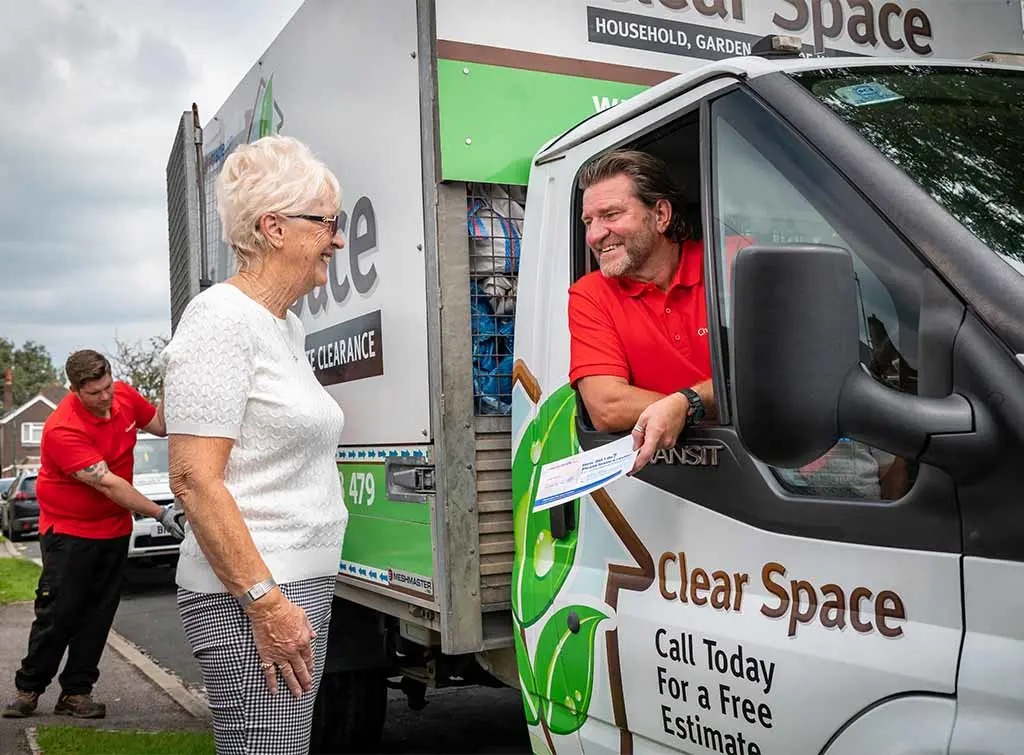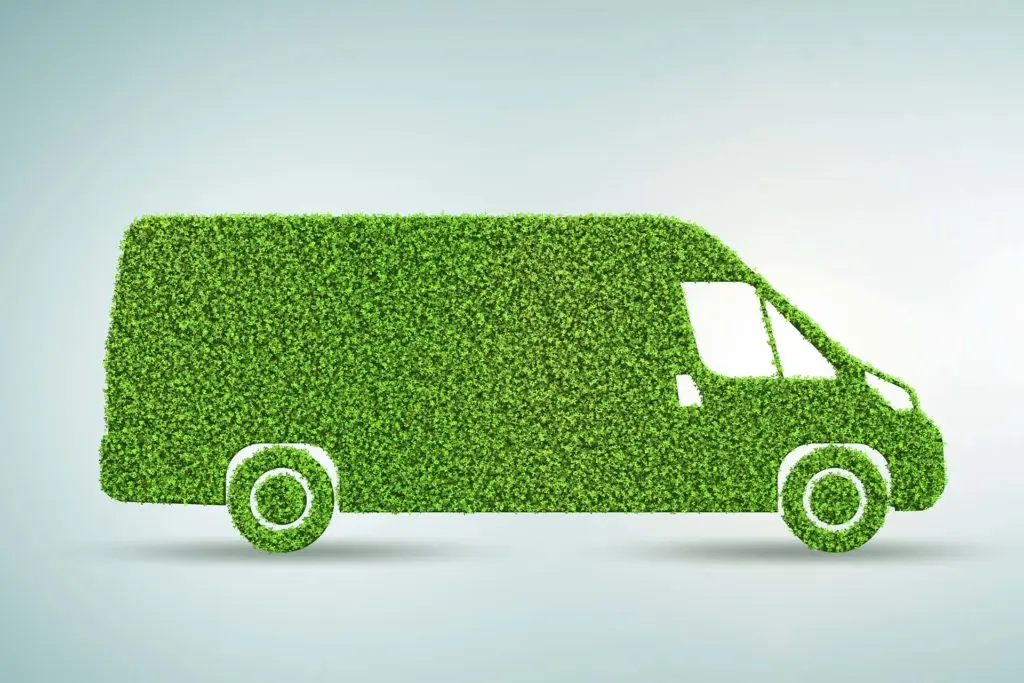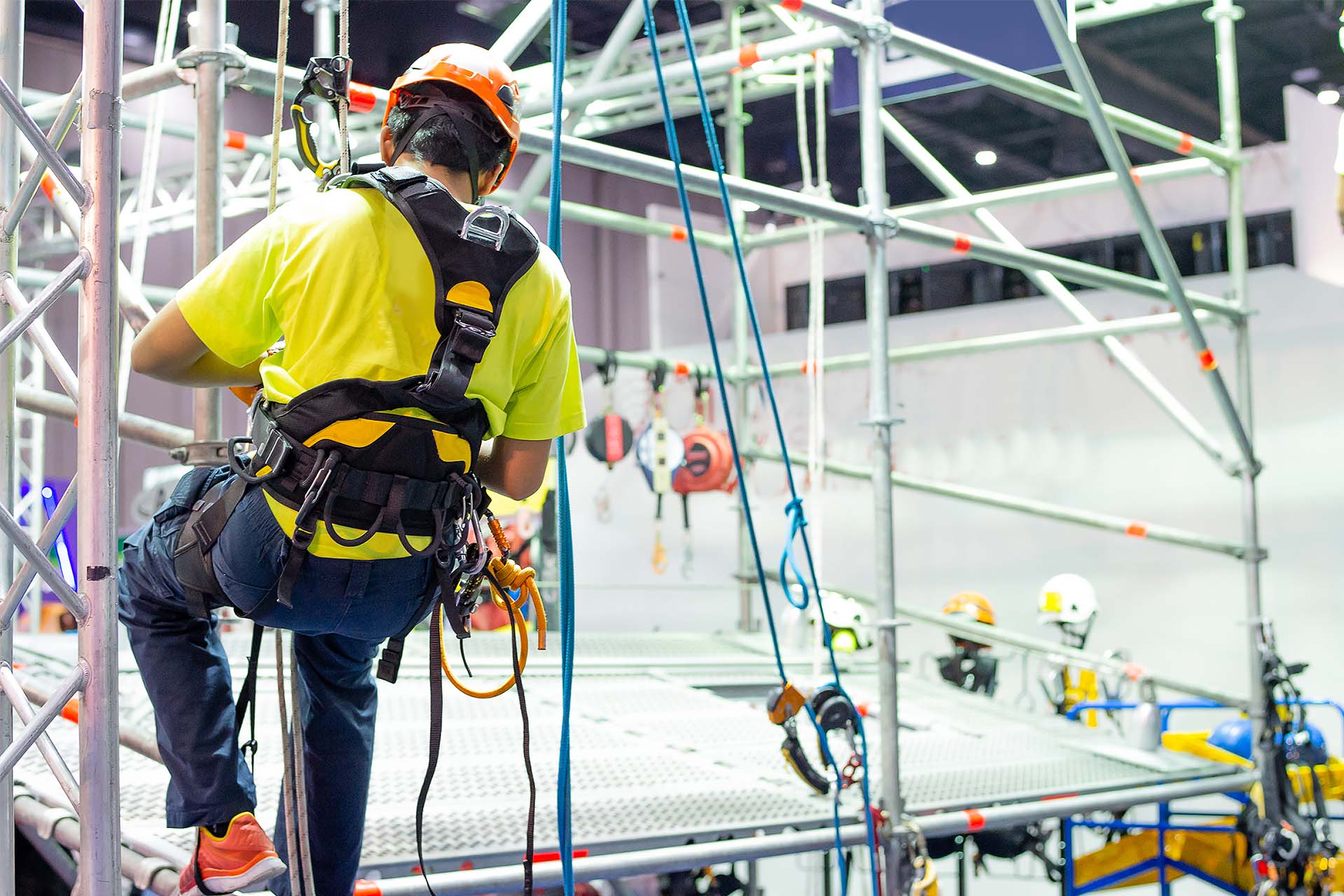Blog>Trade>Growing your trade business>Best ways to make a carbon neutral business
Last updated: 27 September 2023
Best ways to make a carbon neutral business
All businesses should aim to be carbon neutral. In this article, we look at what it means and how to make your business carbon neutral.

What is a carbon neutral business?
We hear a lot about carbon neutral and other climate-related terms like net zero. They are used differently by different people, which can be a bit confusing.
Carbon neutral is often used interchangeably with net zero. But they don’t always mean the same thing to everyone.

What carbon neutral means
A carbon neutral company achieves a balance between contributing climate-harming emissions and offsetting them. In other words, the carbon neutral business makes no overall negative impact on the planet from dangerous emissions.
Your ‘carbon footprint’ is the amount of carbon emissions your business makes. Of course, most businesses can't avoid making emissions, so offsetting is the way they create a balanced position.
Being carbon neutral usually involves making changes like switching to renewable energy or cutting back on travel. Currently, one of the main ways businesses achieve the offset part is through initiatives like planting trees.
The great thing about trees is that they ‘capture’ carbon emissions so they don’t harm the environment.
If a small business works out its level of carbon emissions it can offset them. Lots of carbon offsetting schemes are available for small business.
What net zero means
You also hear plenty of talk about ‘net zero’. One way of looking at net zero is that it takes carbon neutral to the next level. A carbon neutral business still produces harmful greenhouse gases but offsets them. That could mean using carbon neutral products instead of cheaper alternatives.
A net zero business should have got emissions down to near zero in the first place and only has a very imited amount of offsetting to do. It’s a more ambitious goal for many businesses to achieve.

What is expected from small business
As we all know, climate change is a big global challenge. There’s plenty of talk by governments about what everyone can do to be greener.
In the UK, the government has committed to a 100% reduction of greenhouse gas emissions by 2050. That’s compared with 1990 levels.
For small business, the government launched the Together for our Planet campaign. This is part of the drive to net zero by 2050. The government wants this campaign to help small business adapt and grow.
Another government initiative is the Build Back Greener net-zero strategy.
There’s also a small and medium-enterprise (SME) Climate Commitment that tradespeople can sign up to. This is aimed at businesses with up to 500 employees.
Making a commitment like this should be good for business
Learning how to make your business carbon neutral allows tradespeople to show customers the positive steps they’re taking to help tackle climate change. There are a variety of ways to get carbon neutral certification.
The SME Climate Hub has a carbon emissions calculator for measuring the carbon footprint of your business.
How to make a company carbon neutral is also part of the commitment it makes to environmental, social and governance (ESG) policies.

Benefits of being a carbon neutral business
There’s a big difference between talking the talk and walking the walk. For many small businesses, becoming carbon neutral is a big commitment.
But it’s worth the effort. Not just because you are helping to save the planet. There are plenty of compelling benefits to small business to go carbon neutral. They include:
Winning new work
More people are aware of the need to tackle climate change. They will look for tradespeople who are doing their bit.
Showing people your business aims to be carbon neutral sends a strong message. Your commitment to take positive action should attract new customers who also want to do the right thing.
Cutting your costs
Many of the ways to make your business carbon neutral also save you money. For example, reducing your water and energy consumption cuts business costs.
You can increase recycling, for example, of tools and equipment or clothing. Reducing waste means spending less on things you don’t really need.

Attracting new staff
It’s not just customers who care about the environment. You’ll find that many job applicants want to know what an employer is doing to protect the planet.
This is especially true with younger employees. There is an expectation that a business is trying to be carbon neutral.
By making your business carbon neutral you are likely to attract more people for job roles. This can help you take on the very best staff.
Staying compliant
A lot of actions to be carbon neutral are voluntary. But we are also seeing more business regulations being introduced relating to climate change. The government’s 2050 net zero target could mean more rules for businesses to comply with green regulations.
Grow your business with the #1 trade directory
Checkatrade members get an exclusive deal with Powered Now
How to make a company carbon neutral
Whether through some sort of carbon neutral certification or other methods, there are many things your business could consider.
Reduce energy use
Small steps are often the easiest to take. There’s plenty you can do to save energy.
Switch to an energy provider that offers 100% green energy
Keep tools and equipment in good working order so they are more efficient and use less power
Turn off equipment when you don’t need to use it
Turn off lights
Turn off computers
Turn down your heating
Don’t overfill the kettle when you make a brew
Reduce water use
There are lots of ways you can cut down on the amount of water your business uses. Share these ideas with everyone in your business.
Fix dripping taps
Fill a bowl and don’t use a running tap to wash and clean your hands or equipment
Use leftover water for other purposes – like watering plants (if it doesn’t contain detergents)
Fit water tap aerators that provide the same pressure but with less water
Don’t overfill the kettle for your tea or coffee
Keep a bottle of water in the fridge so you can get a cold drink without always running the tap

Use transport in greener ways
Most tradespeople need to get around to do their jobs. But you can reduce the negative impact of travel on the environment.
Only go on journeys if they are really necessary
Try and do tasks remotely online, for example, customer meetings or providing remote help and support
Switch to electric or hybrid vehicles
Keep vehicles well maintained so they are more fuel efficient and last longer
Walk, cycle or share lifts wherever possible
Improve energy efficiency in buildings
If you own your business premises you could make some significant improvements. These could include energy-saving with better insulation or installing solar panels.
If you lease or rent premises, you could talk to your landlord about making changes. Government grants for making businesses greener are available.
There is also growing interest in ground and air heat pumps. Training for these green efficient heating systems is also being subsidised by the government.
Reduce waste and increase recycling
All trades create waste in some way. That means there’s a lot that small business can do to cut down on it. Here are some ideas:
Don’t over-order products and materials that may not be needed
Avoid having too much packaging on things
Be careful how you use products and materials to reduce waste
Choose products and materials that can be recycled
Avoid single-use plastic
Use carbon neutral products - these have offset emissions factored in already
Reuse as much as you can
Think about repurposing materials for other uses
Go paperless in your office – do as much as you can digitally and cut down on printing. For example, in quotes and invoices
Find out about all the recycling options your local authority offers businesses
Make sure you always correctly separate different types of recycling
Only take unwanted materials to landfill if there are no other alternatives
Encourage staff – and customers – to think about reducing waste and increasing recycling

Use carbon neutral supplies and suppliers
Tradespeople are usually part of a supply chain of other businesses. You can take positive action in your supply chain that helps you be carbon neutral.
Talk to suppliers about reducing their packaging
Try and buy supplies locally
Use carbon neutral products where possible
Buy in bulk or group together the items you order to reduce delivery journeys
Use delivery companies that have carbon neutral policies
Create a carbon neutral action plan
If you create a plan to make your business carbon neutral you can set yourself goals. Your carbon neutral plan could include:
Targets you hope to achieve and when you want to reach them. This could include energy and waste reduction, increased recycling and making your supply chain greener
Methods you’ll use to track and monitor progress in making your business carbon neutral
Letting customers know how you’re making your business carbon neutral
Putting details about going greener on your website and other marketing material
FAQs
What does it mean for a business to be carbon neutral?
A carbon neutral business reduces the amount of harmful carbon emissions that it contributes. What it can’t reduce or remove it can offset in areas like schemes that plant carbon-capturing trees.
How can you make your business carbon neutral?
There are lots of ways, including reducing energy and water use, travelling less, recycling more and wasting less.
Will being carbon neutral help my business?
Definitely. Becoming carbon neutral reduces energy, travel and other costs. It can also help you win more business from customers who prefer to use carbon neutral tradespeople.
Ready to take your business to the next level?
We can help you get there


